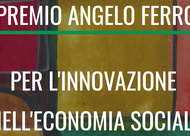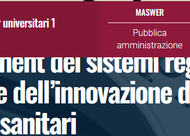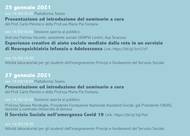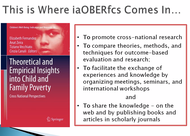Stiamo vivendo una fase nella quale la crisi economica rivela indici di depressione mai raggiunti nel corso degli ultimi vent’anni. Tra il 2011 e il 2012 sono cresciuti di circa un milione e mezzo sia i poveri di "povertà relativa" sia i poveri di "povertà assoluta"; la disoccupazione ha raggiunto la cifra record di oltre 3 milioni, colpendo tutto l’arco dell’età lavorativa e in particolare il mondo giovanile, con gravi riflessi economici, psicologici e sociali. La povertà ha superato da anni le caratteristiche tipiche del fenomeno transitorio e congiunturale, per assumere i connotati di un'involuzione strutturale, che allarga progressivamente le disuguaglianze sociali, intacca i diritti fondamentali dei cittadini e per questo chiama in causa le grandi scelte politiche e richiede la mobilitazione di tutte le forze culturali e sociali.
Va superato un modello di welfare basato quasi esclusivamente su uno stato che raccoglie e distribuisce risorse tramite il sistema fiscale e i trasferimenti monetari. Serve un welfare che sia in grado di rigenerare le risorse (già) disponibili, responsabilizzando le persone che ricevono aiuto, al fine di aumentare il rendimento degli interventi delle politiche sociali a beneficio dell’intera collettività. Questa proposta culturale, lanciata dalla Fondazione Zancan nel Rapporto sulla lotta alla povertà 2012 e ripresa e approfondita nel Rapporto 2013, viene qualificata come "welfare generativo" (WG).
Per il simbolo del WG ci siamo ispirati al “koru”. È il nome Māori dato in Nuova Zelanda ai germogli di felce argentata mentre si aprono srotolandosi: il koru simboleggia la creazione, l’idea di movimento perpetuo e al tempo stesso di costante ritorno al punto di origine. È un concetto in linea con quello di welfare “generativo”: un welfare in grado di rigenerare e far rendere le risorse (già) disponibili, per aumentare il rendimento degli interventi delle politiche sociali, a beneficio degli aiutati e dell’intera collettività.





